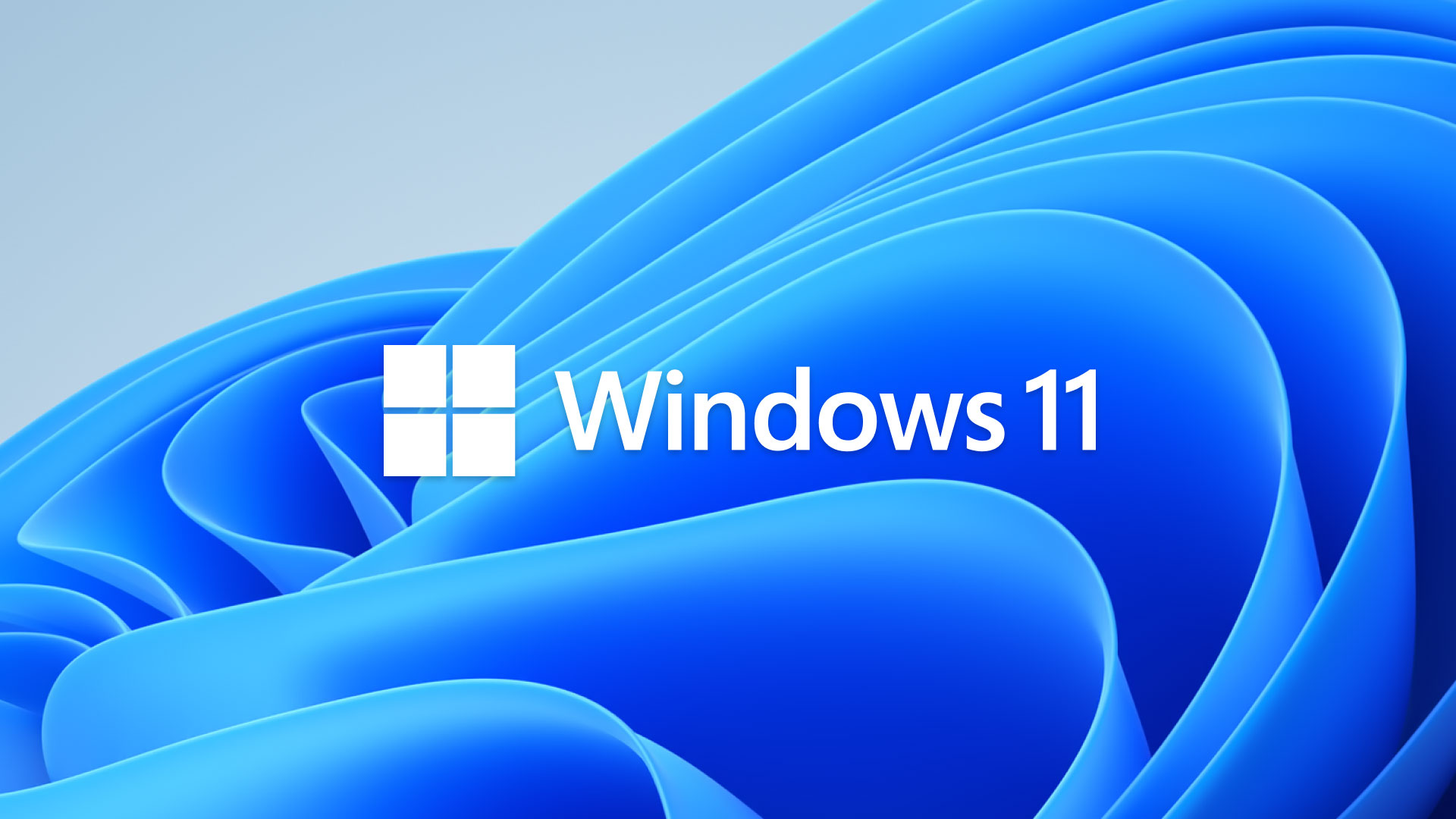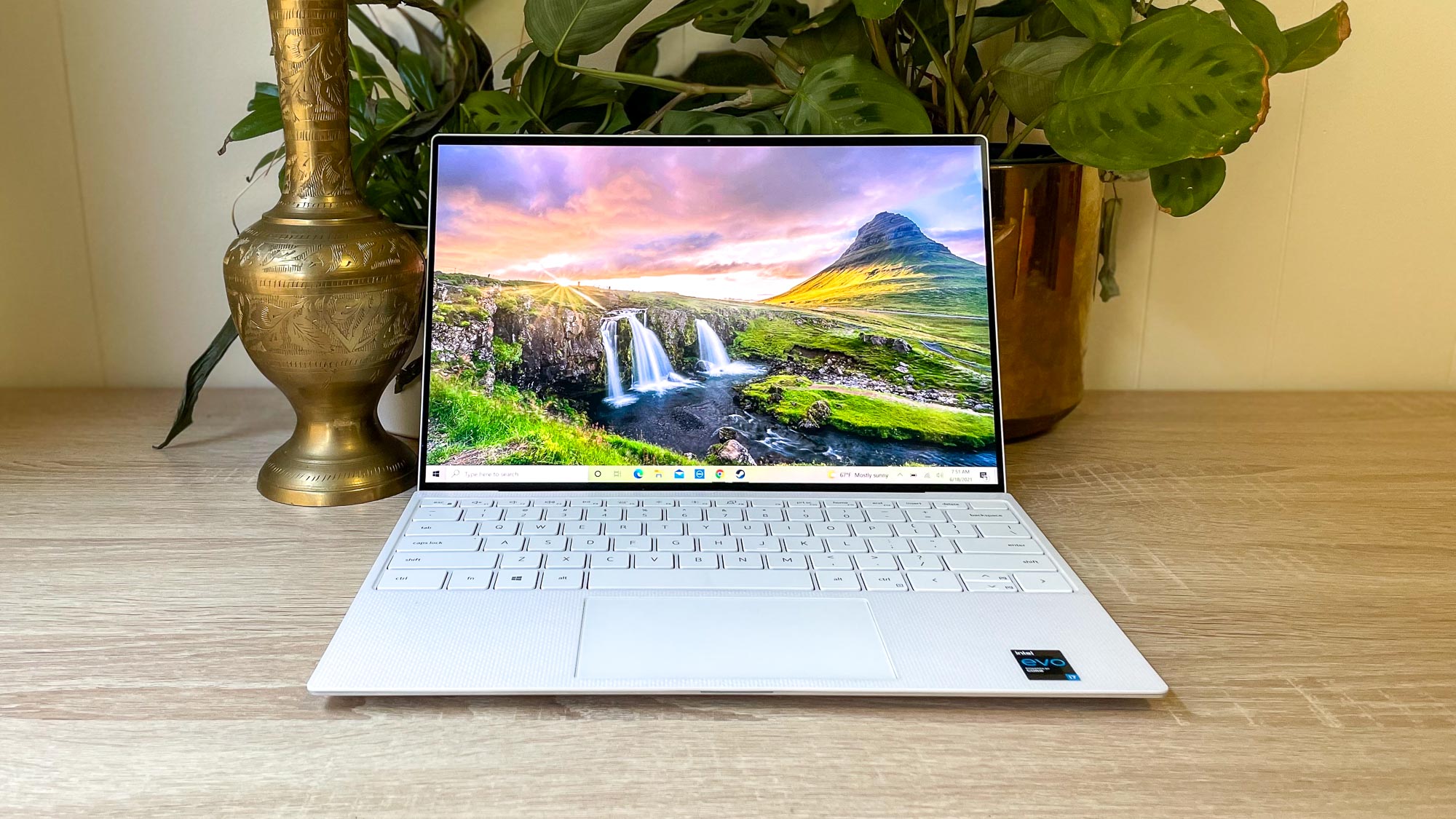Windows 11 release date is October 5 — here's how free upgrades will work
Windows 11 is coming October 5, but can your PC run it?

Windows 11 will become officially available on October 5 this year, marking the beginning of the transition to a new version of Microsoft's operating system and the slow decline of Windows 10.
On that date, free upgrades to Windows 11 will start rolling out to Windows 10 computers that have the specs and features needed to run Windows 11. Sadly, that means some perfectly decent PCs may be left behind.
- Does Windows 11 require TPM 2.0? We have good news and bad news
- The best Windows 11 laptops so far
- Plus: Microsoft Surface event set for Sept. 22, here's what to expect
That may be a disappointment for some, as while Windows 11 looks like it’s borrowed a bit from Apple’s macOS aesthetic, it promises to have a slew of upgrades.
Windows 11 free upgrades: What you need to know
According to Microsoft, the free upgrade to Windows 11 will be a "phased and measured process." Translation: new eligible devices will be offered the upgrade first, and then Windows 11 will roll out over time to other in-market devices. This will be based on hardware eligibility, reliability metrics, age of device and other factors.
In other words, you may need to be patient, as Microsoft says that it expects all eligible devices to be offered the free Windows 11 upgrade by mid-2022. The Windows Update app on your PC will let you know if your system is eligible for the upgrade. You can also go to Settings > Windows Update > Check updates to see if your device is ready for the new OS.
What's new in Windows 11
The new Windows 11 design is meant to convey a “sense of calm and ease,” though we simply see that as making the whole Windows experience a little easier to use and simplify the process of finding specific settings.
For people who work within the Microsoft 365 and Office 365 cloud-powered software suites, Windows 11 will put that front and center, which should make the whole process of starting work on one PC and moving to another a little easier. Microsoft Teams has also been integrated into the taskbar.
Get instant access to breaking news, the hottest reviews, great deals and helpful tips.
There are other design changes, like Snap Layouts to make for better multitasking without crowding screen space. And the new Widgets feature serves up a personalized news feed powered by AI smarts.
Gamers are also set to benefit, as Windows 11 comes with DirectX12 Ultimate, DirectStorage (for faster load times), and Auto HDR, a feature we’ve seen used to good effect with the Xbox Series X to up-mix older games into HDR.
There's also a new Microsoft Store, which should make it a lot easier to use then the somewhat clunky store built into Windows 10. And Android apps are coming to Windows 11 as well.
You can try all of the above and more now if you’re willing to give the Windows 11 beta a go; here's how to download Windows 11. In the meantime, we’ll patiently wait to see if Windows 11 does deliver a serious upgrade over Windows 10 when it’s fully released. Expect a whole slew of new laptops to come with Windows 11 out of the box this fall and early 2022.
Windows 11-ready PCs

Since newer PCs will be first to get the Windows 11 upgrade, it’s no surprise that Microsoft wants you to purchase a new system. As part of its blog post, the company highlights several of the best laptops you can buy now that should be ready for Windows 11 on day one.
- Acer Swift 5
- Acer Swift X
- Asus Zenbook Flip 13 OLED
- Asus Zenbook 14 UX425
- Alienware x15
- Alienware x17
- Dell XPS 13
- HP Spectre x360 14
- HP Envy x360 15
- Lenovo Yoga 7 2-in-1 convertible
- Lenovo Yoga Slim 7i Pro
- Microsoft Surface Pro 7
- Microsoft Surface Laptop 4
- Samsung Galaxy Book Pro
- Samsung Galaxy Book Pro 360

Roland Moore-Colyer a Managing Editor at Tom’s Guide with a focus on news, features and opinion articles. He often writes about gaming, phones, laptops and other bits of hardware; he’s also got an interest in cars. When not at his desk Roland can be found wandering around London, often with a look of curiosity on his face.
 Club Benefits
Club Benefits





